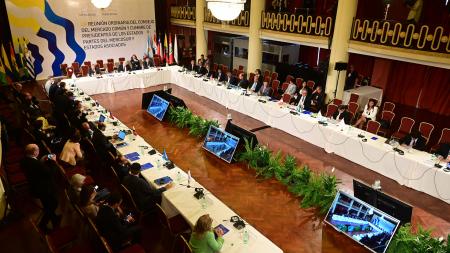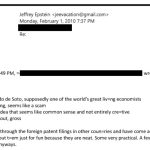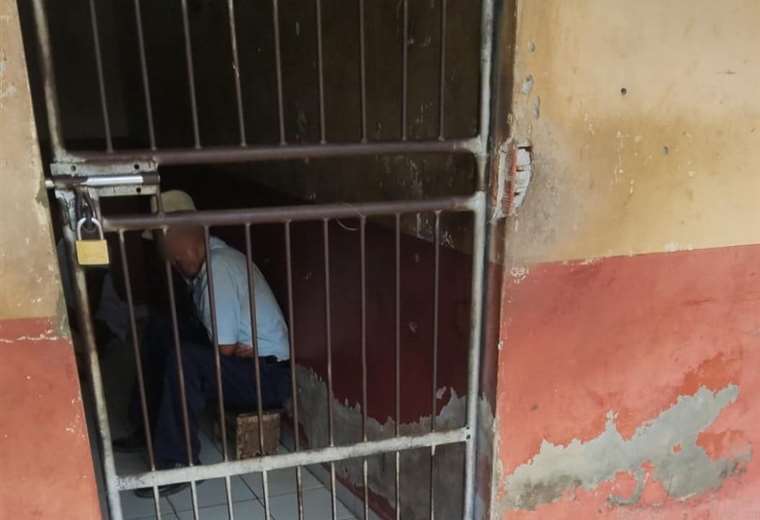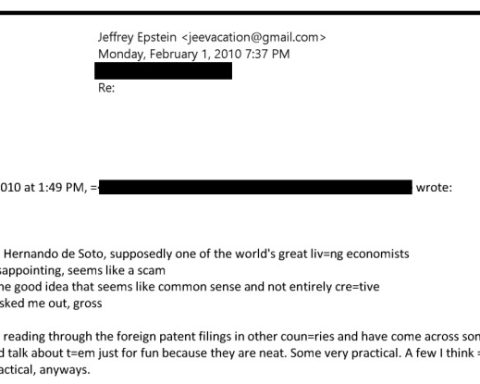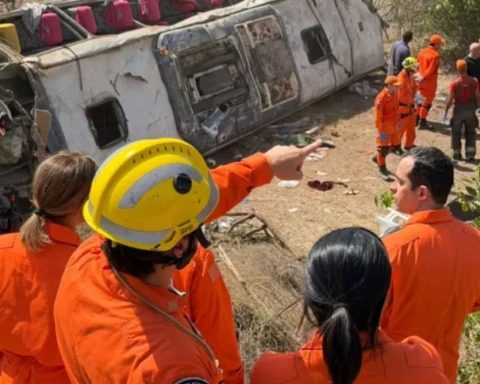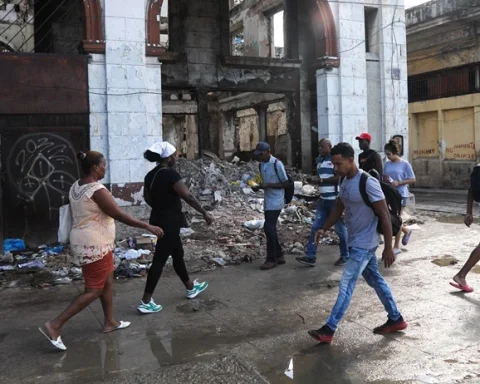Argentina, Brazil, Paraguay and Bolivia, the latter as a guest country not yet fully integrated into Mercosur, highlighted on Tuesday the goal of “working on the consolidation and improvement of the customs union” of the bloc and admitted the need to “establish mechanisms to level that make it possible to solve, definitively, the obstacles that affect trade between the States parties”.
The text, released several hours after the end of the summit of presidents held in Montevideo, celebrates the “commitment to continue working together” to face the effects of the Covid-19 pandemic and expresses the bloc’s “concern” about the consequences of the conflict in Ukraine, “particularly regretting the humanitarian ones, as well as the negative impacts on the international markets for food, energy and production inputs”.
The six-page document reviews the state of the situation on various issues in full discussion: the common external tariff, the review of the regime of origin, services and the automotive sectors -with emphasis on “the objective of the implementation of a Mercosur Automotive Policy”- and sugar -with attention to the search for “alternatives to promote its best use and facilitate access to extra-regional markets”.
The four countries -Uruguay once again chose not to sign the final document- also highlighted “review work” in regulatory matters, highlighted the Business Forum as an “articulation instrument between the public and private sectors” and agreed on the need to continue the Fund for Structural Convergence (Focem) “as a tool to reduce asymmetries and strengthen the integration process.”
The text underlines the task in pursuit of “enhance the image of the bloc internationally and provide greater visibility to the activities” and calls for “deepening the approach to issues related to sustainable development in its three economic, social and environmental dimensions on the agendas of the bodies and forums of the institutional structure” of the bloc “with a transversal approach”.
“The @mercosur should strengthen unity”
President @alferdez participated in the #Mercosur Summit in Montevideo, Uruguay, instance in which Argentina ?? assumed the pro tempore presidency of the regional bloc ⬇️https://t.co/Z7W4YFPY3a pic.twitter.com/jOUQHbdo1x
– Casa Rosada (@CasaRosada) December 6, 2022
The document outlines common activities on the environment, the digital agenda, physical infrastructure and energy, and expresses the importance of “supporting companies run by women in their international expansion, eliminating barriers to their participation in national and international economies.” international”.
Regarding the external negotiations of the agreement, he urges “continue modernizing the foreign agenda” to “contribute to their insertion in the region and in the world” and reviews the progress of the negotiations with Singapore, the European Union -on which he highlights the “efforts with a view to signing, as soon as possible possible, of a balanced and beneficial agreement for all parties. and Canada, Korea and Indonesia.
It also points out the different stages of the discussions with Israel, El Salvador, Vietnam, the Dominican Republic and the Pacific Alliance.
On the other hand, the text released by the Argentine Foreign Ministry celebrates “the work that has been unfolding around ‘Health at Borders’, which has made it possible to recognize strengths and pending tasks that must be developed in order to provide the best epidemiological surveillance tools.” for the detection and timely response to risks to public health”.
And he appreciated the work in relation to the positioning of the block in the World Health Organization (WHO), in the framework of the discussions in the Intergovernmental Negotiating Body to draft and negotiate a convention, agreement or other international instrument of the WHO on prevention , preparation and response to pandemics.
They also highlighted the advances in promoting the expansion of the regional productive capacity of medicines, immunizations and health technologies, in search of achieving “autonomy in the components, a reduction in production costs, reducing dependence on inputs from outside the area and strengthening the national industries of the block to avoid shortages”.
The declaration states the “importance of ratification” of the Agreement on Linked Border Towns, “a very important tool to promote regional integration and facilitate the coexistence of border cities.”
And, finally, Brazil, Paraguay and Argentina expressed their “will to move forward with Bolivia’s accession process” to the bloc, as a step for the “consolidation of the South American integration process.”
